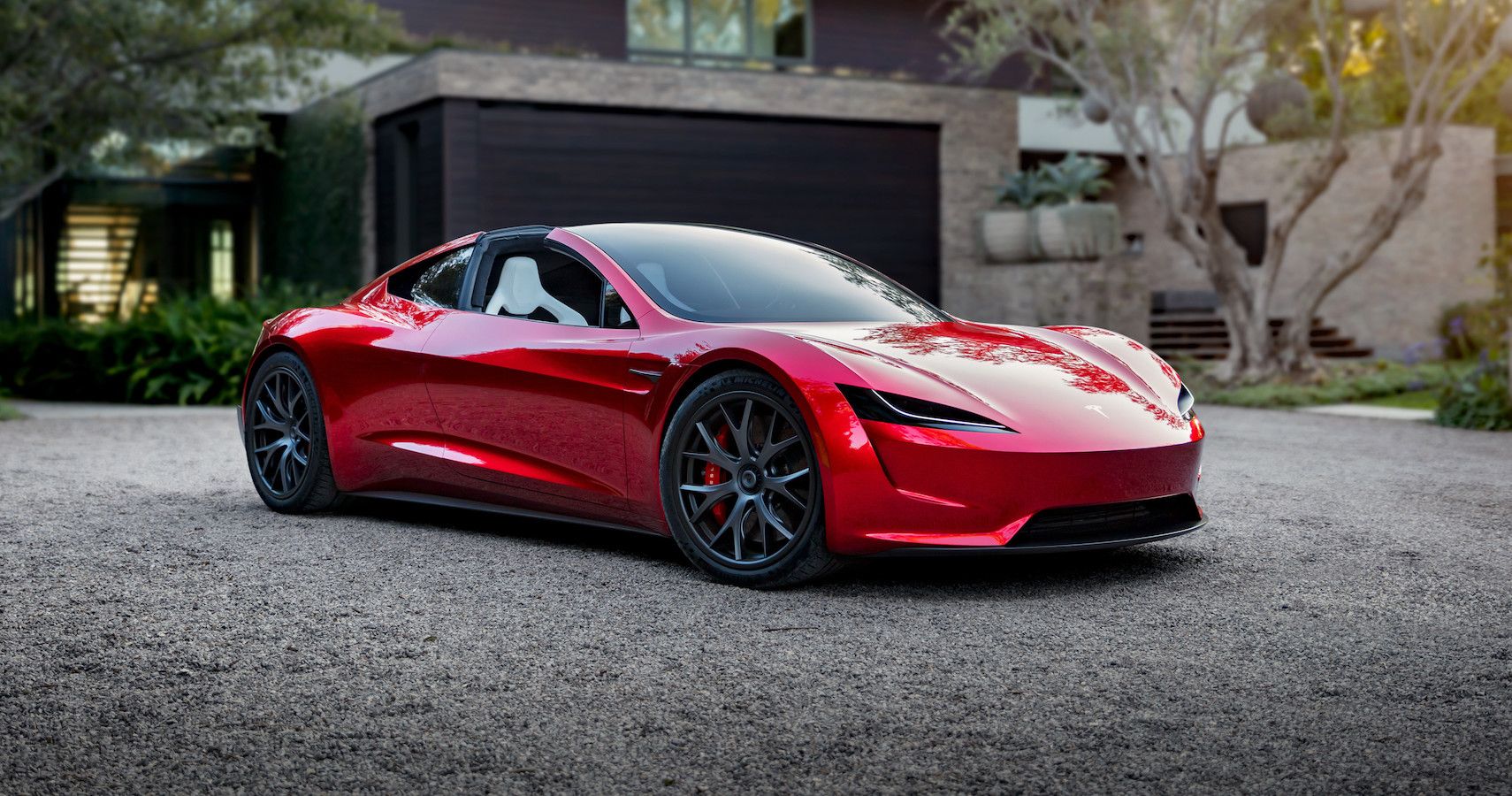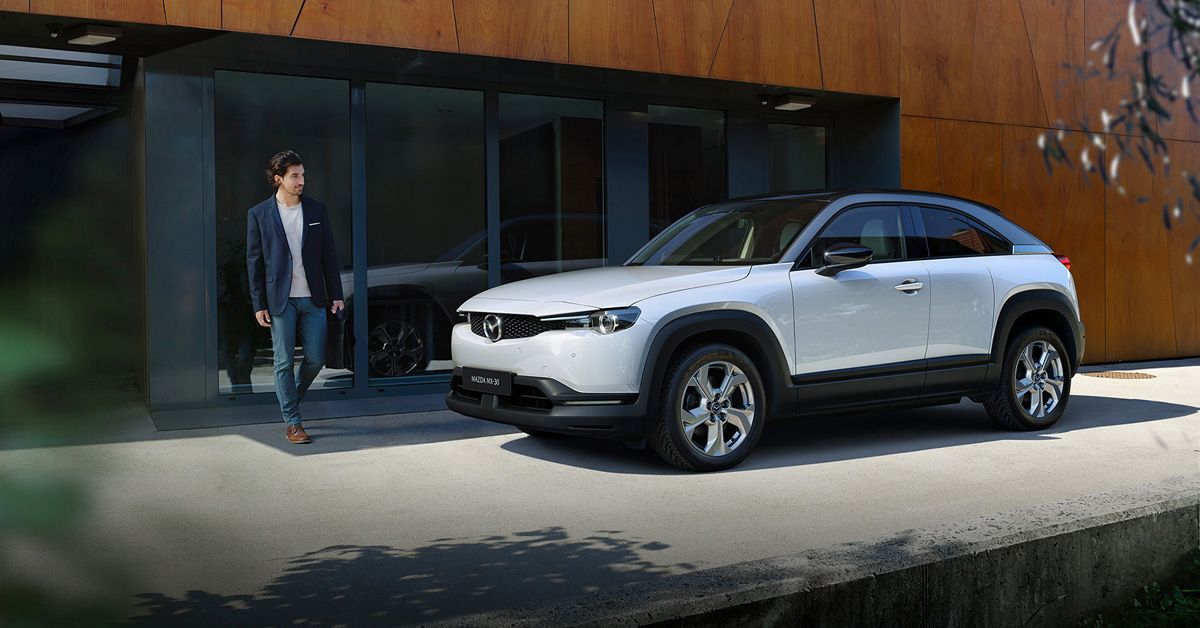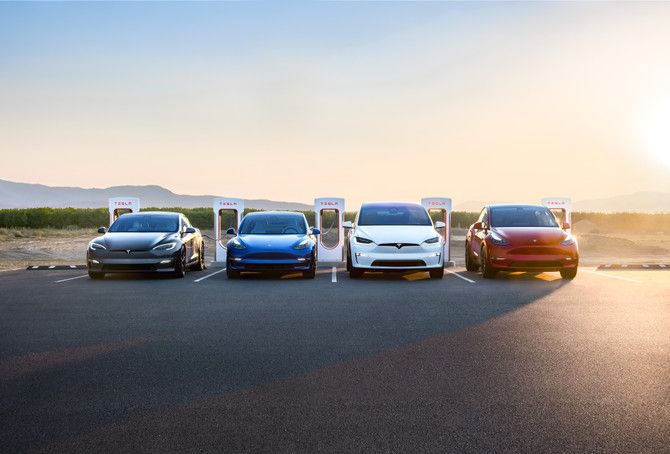In the motor sector, technology has its own way of emerging, and it works hand in hand. Every day, new technology emerges, and as a result, innovation come to pass. Automobile designers are now more likely to create environmentally-friendly automobiles with the goal of reducing fossil fuel consumption. They're most likely looking for a green energy source for the car.
Electric vehicles are a better solution for this because they are non-polluting and have a consistent linear performance. The major factor is the electric vehicle's performance. Fuel vehicles, on the other hand, offer their own set of features and advantages. Fuel vehicles take a short time to charge, whereas electric vehicles need a significant time to charge.
The electric vehicle (EV) versus internal combustion engine (ICE) fight is brewing in the realm of transportation. Electric vehicles are appealing for a variety of reasons. They're quiet, powerful, and speedy, but their efficiency is possibly their most underappreciated quality.
But consumers have several questions about electric cars (EVs) because they are a relatively new technology. Is it true that electric vehicles are more cost-effective? Compared to ICEs, how much do EV owners save on maintenance costs?
EVs Are Expensive To Buy But Cheaper To Service
Regardless of the type of vehicle you intend to buy, there are various fees associated with car ownership. In the long term, opting for an electric vehicle over a traditional internal combustion engine (ICE) vehicle can save you a huge amount of money.
The cost of a new all-electric car is higher than that of a gasoline-powered vehicle of the same model. But, with the introduction of more EV models to the market in the coming years, as well as better, less expensive batteries, the price gap will vanish.
For buying an electric automobile, we now have a lot more options than we had a decade ago. Short-range EVs like the Nissan Leaf and BMW i3 have been on the market for a long time. And long-range, mass-market EVs like the Chevy Bolt and Tesla Model S have grown.
Because there is less demand for electric vehicles, they produce fewer vehicle parts, resulting in higher prices. When you consider that EV makers are expecting to recuperate billions in R&D costs, it's easy to see why EVs are more expensive than gasoline automobiles.
Fuel And Maintenance Cost
When a consumer considers a long-term purchase such as a house, car, or major equipment, one of the most significant stumbling blocks might be maintenance and repair expenditures.
Today's most fuel-efficient combustion engines have a fuel efficiency of 40%. That means they can only convert 40% of the energy in the fuel into motion. Everything else–the remaining 60% is wasted on heat and resistance. In other words, in the best-case scenario, you burn the equivalent of $60 for every $100 you spend filling up your gas tank in a combustion-engined vehicle.
Electric vehicles cost $330 less per year on average than their gas-guzzling counterparts. That is, if one maintains a vehicle according to the manufacturer's instructions. EV drivers, according to Consumer Reports, pay half as much for repairs and maintenance. When compared to a gas-powered car, consumers who own an electric car may expect to save an average of $4,600 in repair and maintenance costs over the life of the vehicle. By the time a vehicle reaches its fifth year. This is typically when expensive equipment like tires wear out, EVs cost roughly $900 per year to fix and maintain. But equivalent gasoline-powered automobiles cost around $1,200.
Recent research by the Department of Energy's Argonne National Laboratory provides the most encyclopedic look. Referring to the cost of vehicles and the cost of fuel, as well as how these expenses vary by engine, from traditional to high-tech.
According to the report, EVs, have maintenance costs that are 30% lower than ICE vehicles. Overall, hybrid electric vehicles are the most cost-effective powertrain. As the pricing of hydrogen declines, hydrogen-powered fuel cell electric automobiles will become cost-competitive with conventional automobiles. Likewise, as battery prices fall, electric vehicles will establish cost neutrality.
An electric car has reduced long-term fuel and maintenance costs. This is due in part to the fact that electric vehicles have fewer moving parts than conventional automobiles. Less wear and tear on parts implies lower mechanical expenditures. To begin, consider the cost of fuel. Electricity costs roughly $550 per year to drive 15,000 miles in an electric vehicle. This works out to around $45 each month. Driving the same distance with the same amount of gasoline will set you back at around $1,300 per year.
On The Flipside: The Battery
Both electric and gas cars have some maintenance costs in common. You'll still need to buy tires, for example. You'll need to monitor your suspension system. Shock absorbers and struts are examples of such components. While you may eventually need to replace your brake pads in an electric vehicle, regenerative braking systems employ the electric motors' resistance to slow the vehicle down. As a result, brake pads aren't used as frequently as they are in traditional gas-powered cars, and EV brakes don't wear out as quickly.
However, electric cars are not without costs, with the battery pack being the most expensive component to replace. Its ability to hold a charge will steadily deteriorate as it wears out. The longer you own an electric vehicle, the shorter the driving range will become. Well, electric car batteries do not degrade that quickly, and estimates suggest that a typical lithium-ion electric vehicle battery will last over 100,000 miles while keeping a consistent vehicle performance.
Using electricity instead of gasoline to power your vehicle is considerably more cost-effective. Especially because you can charge your car at home and, if you install solar panels, to create your own electricity. Also, regenerative braking allows electric automobiles to transform into generators and generate their own energy.
We expect lower prices in the future, thanks in part to the government's commitment to making greener vehicles more accessible. But also to technological developments that make purchasing, filling, maintaining, and ensuring an electric car easier, cheaper, and more environmentally friendly.




